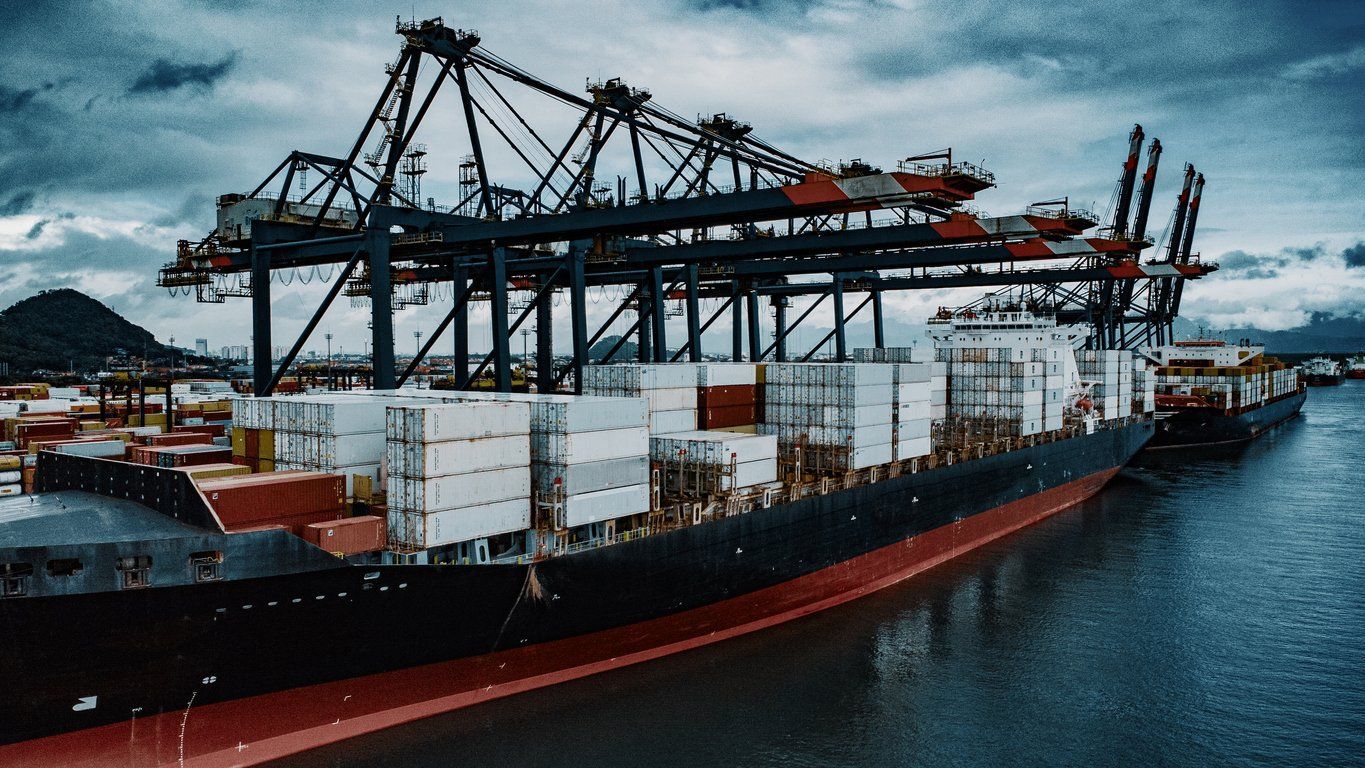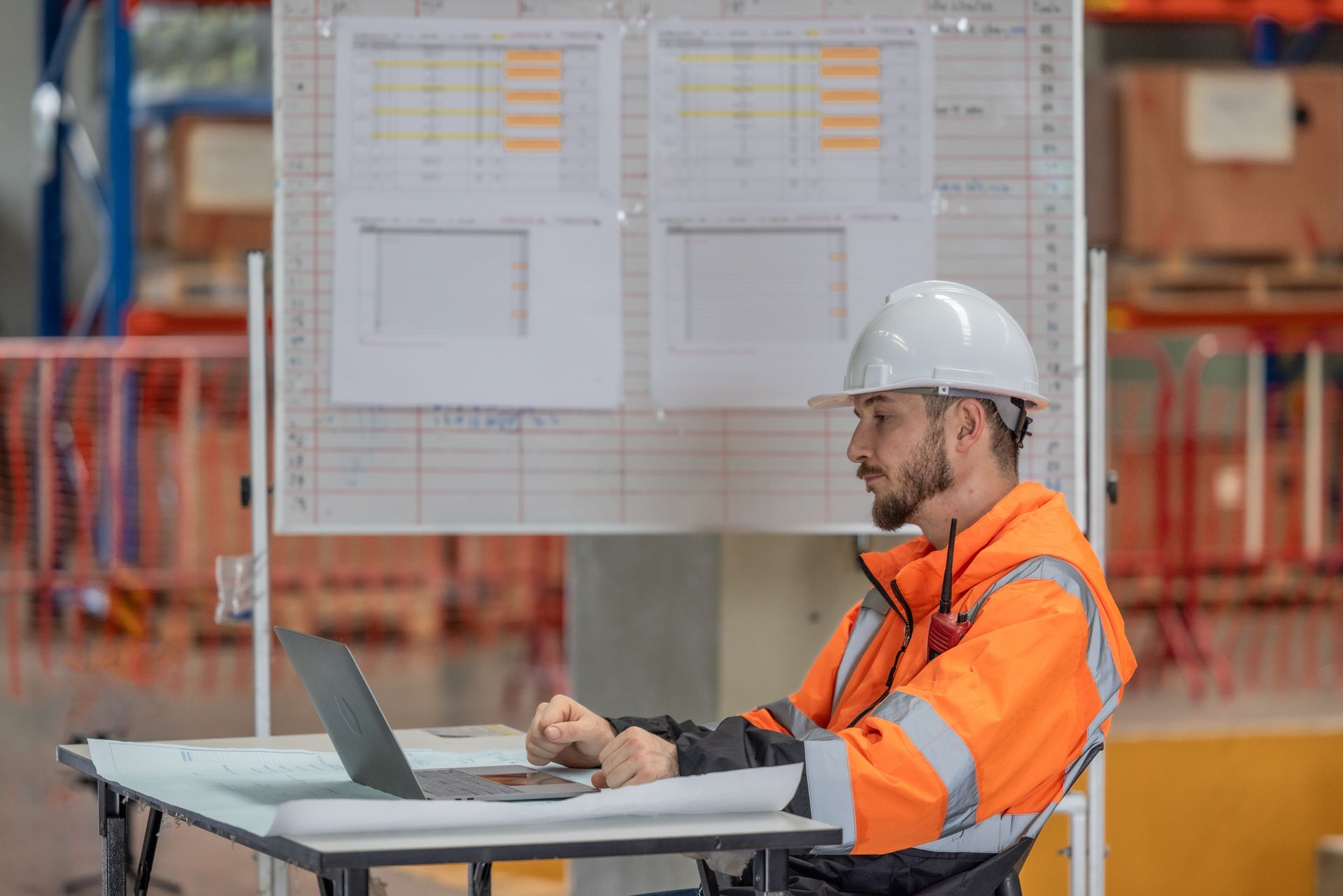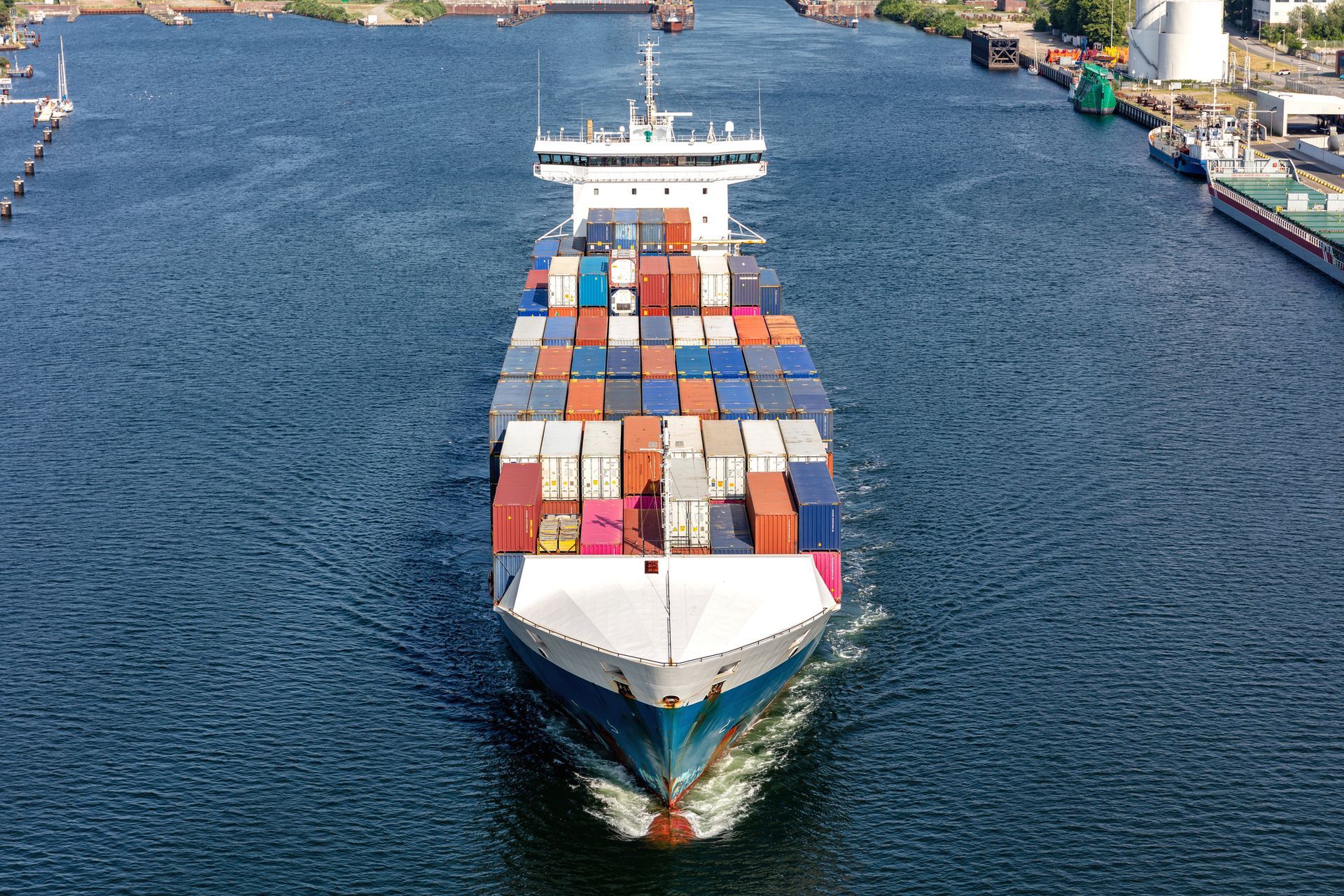
When seeking the best option for transporting your cargo via maritime shipping with efficiency and cost-effectiveness, choosing between LCL and FCL is crucial. This guide comprehensively addresses the FCL modality, providing valuable insights to help you make the best logistical decision for your company.
Shall we begin?
What Does FCL Mean?
FCL, or Full Container Load, is a maritime transportation modality where the importer or exporter fully utilizes the available space within the container. By opting for FCL, the client has exclusive access to the entire container and pays a fixed freight fee, with no other companies sharing the equipment.
This choice is ideal when there is enough merchandise to fill the container, or when you prefer or need your cargo not to mix with others, even if the space is not 100% occupied.
The Difference Between LCL and FCL
The differences between LCL and FCL are quite clear.
LCL, or Less Container Load, is the option when the importer or exporter does not have enough cargo to occupy an entire container. In this case, multiple LCL shipments are consolidated into a shared container, allowing access to reduced maritime freight costs even for smaller volumes.
On the other hand, FCL, or Full Container Load, is more suitable when the cargo quantity is sufficient to fill and occupy an entire container. This option offers exclusive container space, ideal for companies with significant operational volumes.
When deciding between LCL and FCL, it is essential to consider not only the cargo quantity but also its dimensions, operational costs, and delivery times. While LCL is advantageous for smaller volumes, FCL offers additional control and security for shipments that fill an entire container.
When to Choose FCL
If you're wondering when to choose between LCL and FCL for exporting or importing your merchandise, the initial answer lies in the amount of cargo you have. If your cargo is large enough to fill a container or more, then FCL is the ideal option.
However, even if your cargo does not completely fill a container, opting for FCL can be advantageous in terms of deadlines and costs, especially due to economies of scale. This economy occurs when the fixed transportation costs can be spread over a larger cargo.
Another important point is when your cargo cannot be mixed with others (either because it will be damaged or it can damage others).
Let's suppose your cargo is garlic. It's recommended to choose FCL due to the odor that can damage other products. Now imagine if it were fabric and there was garlic in the same container. Can you imagine how your product would arrive at its final destination?
Therefore, when deciding between LCL and FCL, consider not only the volume of merchandise but also the deadlines, costs, and potential issues when mixing with other products.
Challenges of FCL Transportation
While FCL transportation offers many advantages, such as full control over the container and reduced risk of cargo damage, it also presents significant challenges, primarily in terms of cost.
One of the main challenges faced in FCL transportation is directly related to the financial aspect.
While in the LCL modality the freight cost is calculated based on the volume or weight of the merchandise, in FCL, the freight price is fixed, paying the full value. This can result in higher costs, especially for importers or exporters with smaller cargoes that do not fully fill the container.
Additionally, by opting for FCL transportation, the company bears all container costs, regardless of the volume of cargo transported. This can represent a significant financial challenge, especially for companies with variable or seasonal cargo volumes.
Therefore, although FCL transportation offers benefits such as greater security and control, it is important to carefully consider the costs involved and assess whether this modality is the most suitable for the specific needs of each cargo transportation operation.
Expenses and Costs Involved in FCL
When opting for cargo transportation via the FCL (Full Container Load) modality, it is essential to consider the various expenses and costs involved in this logistical operation. Three important expenses to pay attention to are:
THC (Terminal Handling Charge): This fee is charged for handling activities performed at the port terminal. In the case of FCL, the THC value is determined by the maritime company based on the type of container used and the port location.
B/L (Bill of Lading): This is a fee related to the issuance of the Bill of Lading (B/L), an essential document in maritime transportation that confirms the receipt of the cargo on board the ship.
ISPS (International Security Port Surcharge): This surcharge is applied by maritime companies and is directly linked to international security measures implemented at ports.
In addition to these expenses, it is important to be aware that there are other expenses not directly related to transportation that need to be anticipated, such as customs clearance, storage, possible demurrage, etc.
Tips for Hiring FCL Transportation
When seeking FCL (Full Container Load) transportation, it is essential to follow some important tips to ensure an efficient and safe logistical operation.
Research Reliable Partners: Start your search for partners that offer FCL transportation services. Allink is a reliable partner in this regard, specializing in providing efficient solutions for freight forwarders and customs brokers.
Know the Company's History and Services Offered: Before finalizing, know the company's history, services, and commitments regarding cargo care and meeting deadlines. Allink, for example, offers exclusive service for freight forwarders and customs brokers, ensuring a personalized, neutral, and quality service.
Don't Prioritize Only Price: Avoid the temptation to opt for the cheapest transportation without considering other important aspects, such as transit time, service regularity, transshipments, etc. Cheap can be expensive when it comes to the safety and integrity of your cargo.
Know Your Cargo Dimensions and Choose the Most Suitable Equipment: Understand the internal dimensions of the container to determine if it offers adequate space for your cargo. Also, evaluate how the stuffing will be done. If in doubt, consult one of our specialists for guidance.
Know the Transit Time and Costs Involved: Planning is crucial for the success of the operation. Consider not only the time on board the ship but all process stakeholders. Don't be surprised by costs! Ensure that all fees have indeed been considered.
Avoid the Dreaded Demurrage: Demurrage is the fee applied when a container is not returned within the agreed period with the shipping company, starting to count as soon as the container is unloaded at the destination port.
Avoiding demurrage payments requires a well-planned strategy, from negotiating international freight to managing the operation. Maximizing free time and ensuring clarity in contract terms are essential steps to prevent setbacks.
Additionally, the use of technological tools for tracking and monitoring can help maintain precise control of deadlines, minimizing the risk of exceeding the stipulated period and, consequently, avoiding unnecessary charges.
By following these tips and relying on Allink for your FCL shipments, your company will be prepared to carry out transportation operations efficiently and neutrally, ensuring the success of your imports and exports.
Want to know more? Then check out our ultimate guide on LCL as well.
Continue a navegar no blog da Allink

Mantenha-se informado sobre o comércio exterior
Assine nossa newsletter e receba atualizações semanais de forma gratuita sobre o mundo da logística.




